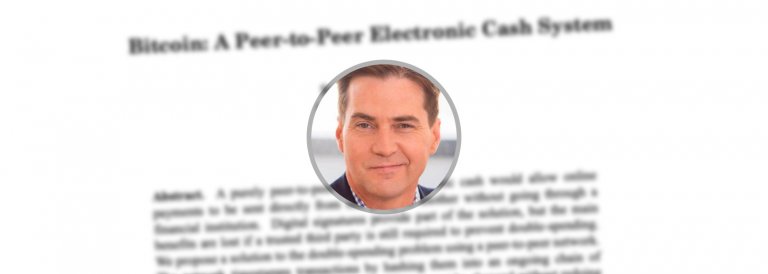 Craig Wright faces contempt hearing in Kleiman case, refuses to show Bitcoin holdings
Craig Wright faces contempt hearing in Kleiman case, refuses to show Bitcoin holdings Craig Wright faces contempt hearing in Kleiman case, refuses to show Bitcoin holdings

Cover art/illustration via CryptoSlate. Image includes combined content which may include AI-generated content.
Craig Wright, the notorious creator of Bitcoin SV, failed to disclose his Bitcoin holdings in spite of an order from a Florida court. The self-proclaimed Satoshi Nakamoto could be sentenced to up to six months in prison and will face a contempt hearing on June 28.
Wright ignores court orders to disclose BTC holdings
The Craig Wright saga has been one of the most heavily covered topics in the crypto industry for months and it still shows no signs of stopping. Wright, the creator of Bitcoin SV and self-proclaimed Satoshi Nakamoto, has been serving lawsuits to everyone and anyone that questions his widely disputed claims, especially those around his status as Satoshi Nakamoto, despite being involved in a rather serious legal battle.
Namely, Wright has been embroiled in a lawsuit with Ira Kleiman, brother of the late David Kleiman, who he claims helped him develop Bitcoin. Back in May, a U.S. court ordered Wright to disclose the list of the public Bitcoin addresses he held as of Dec. 31, 2013.
However, Devin Freedman, a legal representative of Boies Schiller Flexner law firm, said that Wright failed to disclose his holdings. He added that, as he has not complied with court orders, Wright will be forced to appear before a judge and explain why he shouldn’t be held in contempt of the court.
Craig Wright hasn’t complied with the court’s order to list his bitcoin as of 12/31/13. He remains under an order to show cause why J. Reinhart shouldn’t issue sanctions under R.37 & order him to appear before J. Bloom to explain why he shouldn’t be held in contempt. @KyleWRoche
— Vel Freedman (@VelvelFreedman) June 21, 2019
A thin defense
According to Daniel Kelman, an independent U.S. lawyer, Wright claims that disclosing his Bitcoin holdings would be “impossible.” All of his holdings were allegedly placed in a “blind trust” in 2011, which Wright himself couldn’t access. While he claimed that all of the trustees were “unreachable,” the court’s June 14 order indicated that it did not believe Wright’s claims.
Therefore, the Florida court ordered hearing on Jun 28 as to whether Wright should be held in contempt of court for failing to produce the Bitcoin addresses in discovery, Kelman explained.
U.S. Magistrate Reinhart indicated that he doesn’t believe Wright’s defense and has accused his legal team of “misleading the court.”
Wright’s claims that none of the trustees holding his Bitcoin were reachable were quickly debunked—his own affidavit from May 8 provided not only the names of all the trustees (all of which were either dead or in liquidation) but also showed that Wright himself was one of them.
As he is the sole remaining trustee of his own trust, designed to keep his own Bitcoins, may prove problematic in the face of his earlier claim. This is not the first time that Wright’s truthfulness has been called into question.
According to Kelman, the judge wouldn’t need to hold a separate jury trial, as he has the power to sentence Wright to six months in jail. However, he also noted that Wright could also be ordered to pay a $100,000 fine instead of facing imprisonment.
The Jun 28 hearing could also have devastating consequences for the Wright’s Kleiman case as a whole. If Wright is found to be in contempt of court, it could strongly tilt the verdict in favor of Kleiman.



 Farside Investors
Farside Investors 


 CoinGlass
CoinGlass 
































































































